Wanja Maina founded the “Friends of Wanja Initiative”, a mentorship programme at Joy-Town Primary School in Thika that supports learners with disabilities to feel empowered.
Wanja is an inclusion advocate, the influential face behind Hummingbird+ and she describes herself as a global citizen called to improve the lives of those around her.
She has defied all odds by showing that persons living with disabilities are not objects of pity who always need to be helped but to be encouraged to reach for the skies.
She has been celebrated for her activism around inclusion of persons with disabilities both locally and internationally and has earned her several accolades.
Wanja likes to travel, cook, as well as consuming great content.
Read More
“I started the “Friends of Wanja Initiative” when I was in my second year at the University. The aim was, and still is, to successfully get people on a weekend to spend time with students with disabilities for mentorship. The intention is to bridge the existing gap in terms of people who deliberately mentor and hold the hands of students with disabilities because, often society acts like it does not expect them to succeed as much.”
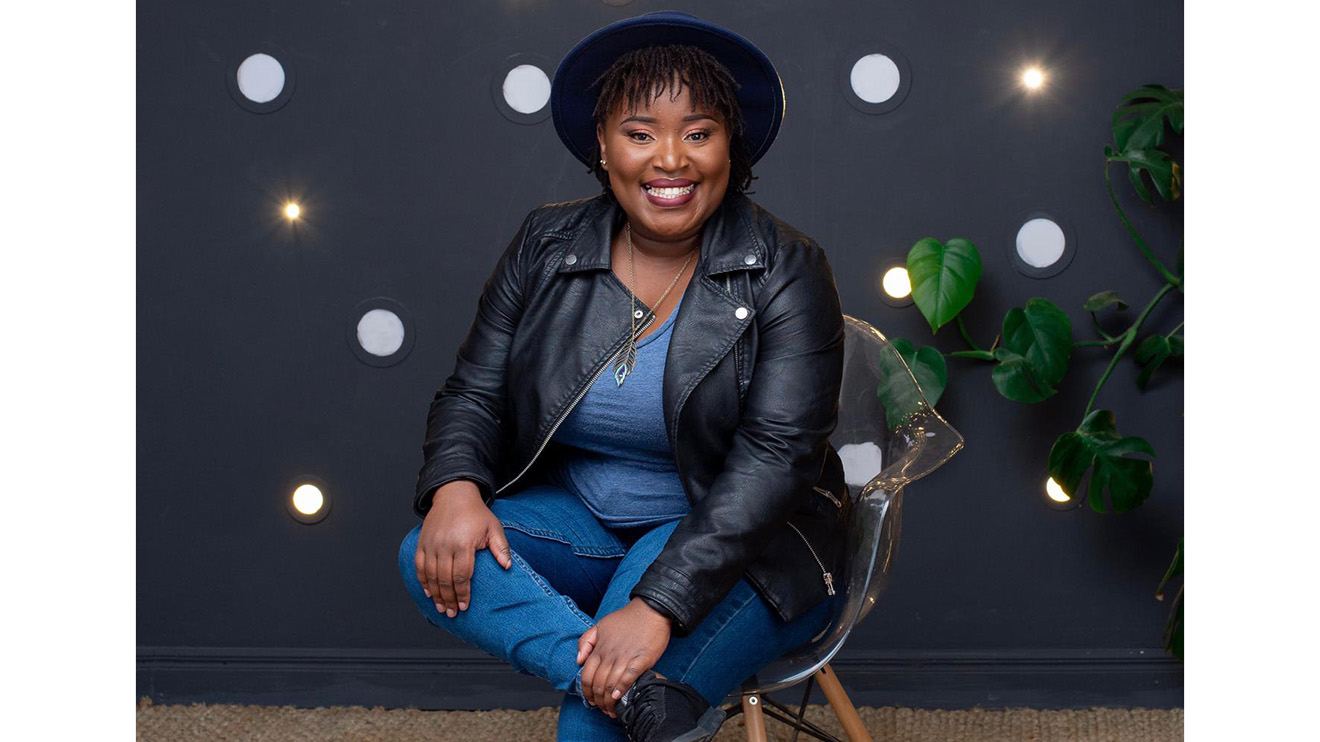
Since its inception, the initiative has touched the lives of more than 2,000 learners with disabilities and their parents.
“Parents of people with disabilities require mentorship too and encouragement so that they can see their children as people who have a future. I love doing it because I know too well, I have come this far because of mentors and people who inspire me and make me see the world in a positive light.
“No one really chooses to be different in life. It is easier when you are like everyone else and when you blend in and be just like your peers. You see, I was born a normal child but at the age of four, I became unwell. It was described as normal fevers that are common with all other children. Then I was taken to the hospital and an injection gone wrong led to my disability. This is what we call professional and medical negligence. Sadly, there are so many people who have suffered through this path.”
Wanja what inspired her to open a Facebook page called the Hummingbird+, which now boasts of a huge following and stories that impact lives are freely shared.
“The page is my brainchild. I love to create content and to have an outlet where I can write the things I care about. It has grown organically to over 250,000 followers and going strong. I also started the page because I noticed there are many stories out here that never see the light of day on mainstream media.”
Some of the touching stories on Hummingbird+ have in the past caught attention of the mainstream media journalists, who picked them up and run with them for a wider impact.
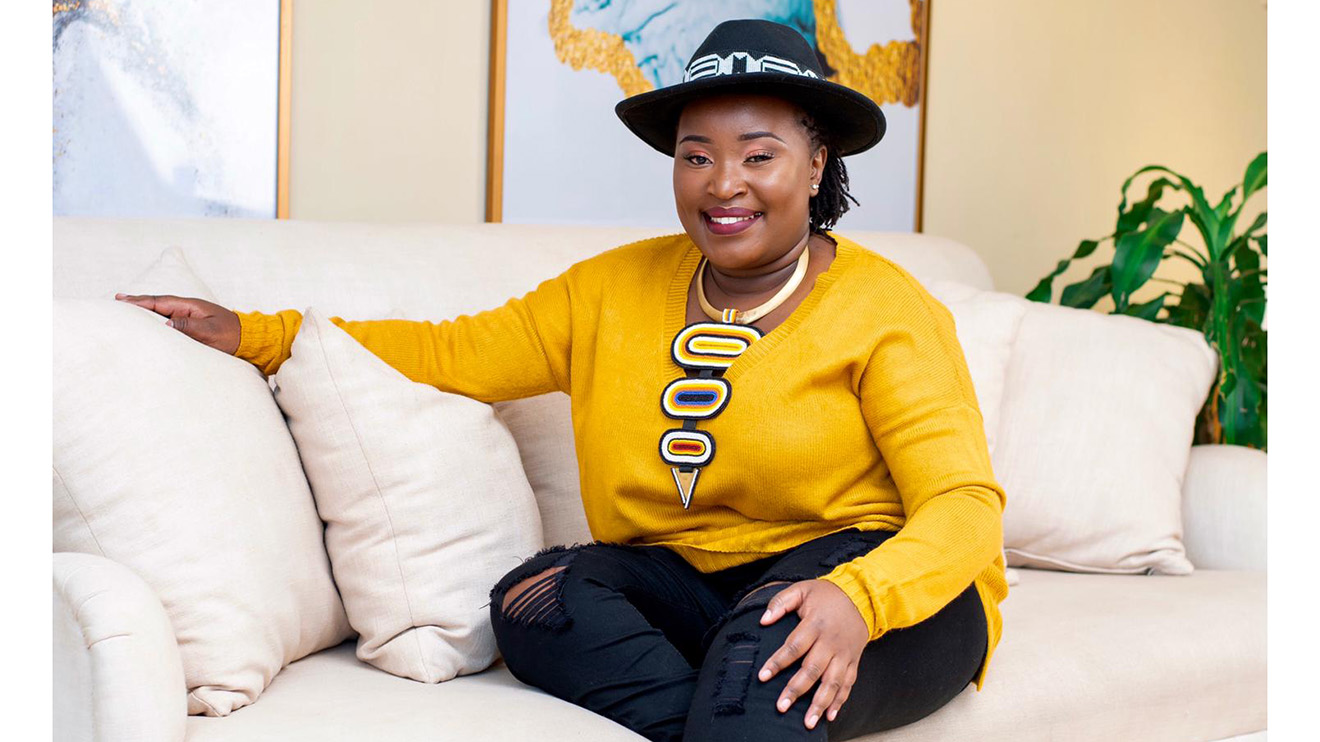
“I like to write about people’s achievements, gender-related topics, and inspiring figures in our community.”
Wanja’s page is also a means for her to share stories about herself.
“If you look at the media both mainstream and social media, people with disabilities are portrayed as objects of pity and people who always need to be helped; The danger of a single story by Chimamanda.
“I am a Kenyan, young urbanite woman who is living boldly despite my challenges. It is self-advocacy in a way. I would like to see media represent diverse people. We all have a role in questioning why people looking differently are not featured on media. Representation is very important in my view.”
She has been in mainstream disability activism for 12 years now and she gleefully shared some of her proudest moments and the events that have shaped them.
“When you have a disability of whatever form, you start feeling and seeing life differently from a young age. While in Primary school; a special school in Thika called Joy Town Primary School, I started a “quiet revolution” questioning why our friends who used wheelchairs were sitting together in a secluded room in the dining hall while the rest of us were seated in the hall. It did not make sense to me.”
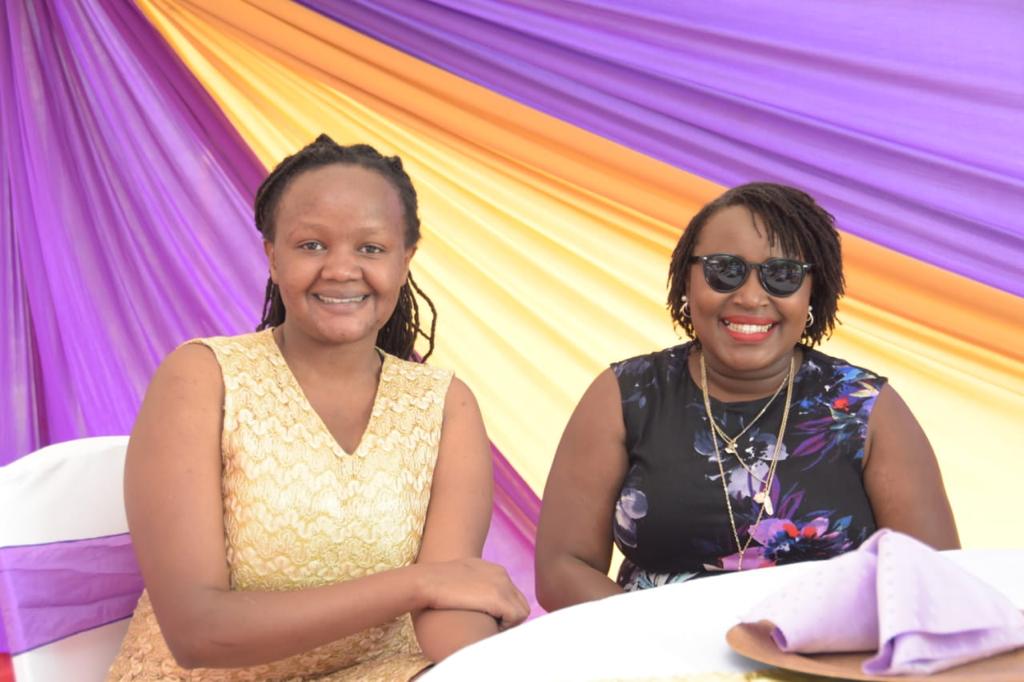
She felt that all students should sit wherever they wanted.
“This revolution worked magic. I started by bringing one of my friends to sit with us during lunchtime, and before we knew it, the secluded room was almost empty. For me being an activist/advocate is not a profession but a way of life. We live in a world that oppresses people, especially women and there is a need for us to push back and say hell no!”
Her activism work has been recognized and rewarded by different organizations across the globe, including United Nation agencies and the Kenya government.
“There are many people who know me and appreciate my bold, outspoken nature. A few weeks ago, I was featured in the Daily Nation as one of the young women advocates on inclusion. In April 2021 I was voted as the most prominent and influential young person with a disability.
“My proudest moment at the end of the day is that when I sit and curl up in my little grey sofa in my apartment, I know that I have used my voice as a force for good and that someone out there is getting educated or living an improved life because I chose to speak up.”
When the pandemic struck Kenya in March 2020, she started coordinating a disability and Covid-19 loose network of 25 organisations of people with disabilities across Kenya.
“As we came to terms with the reality that Covid-19 was here with us people started organizing, getting food donations and cash transfers. But I realized no one was planning or pushing for people with disabilities to get food, money etc. I took the opportunity and set up a team and we immediately put our heads to work, luckily, our coordinated efforts unlocked resources.”
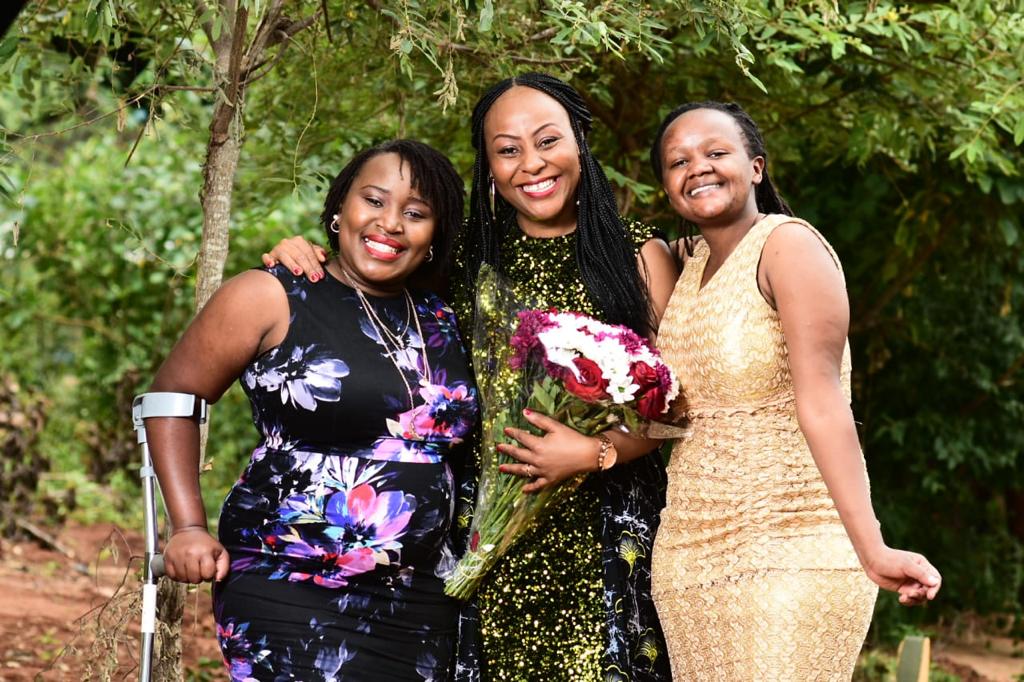
She remembered that AMREF-Kenya at the time trained PWDs in 9 Counties on Coronavirus and prevention, as well as donating Personal Protective Equipment.
She added that UNFPA provided girls and women with disabilities some dignity packs and the National Youth Council donated food and sanitizers to PWDs.
“Many PWDs were quickly added to the cash transfer lists by the government. I am happy because I learnt one lesson; not to think that others should take lead, if it is important to you wake up and take the lead.”
She called on members of the public, the government and others to do more for PWDs.
“The Government and others involved should worry about the ‘weakest link’. We are as strong as the weakest link. Why are people with disabilities not on top of the list of priorities when it comes to people being vaccinated? It is sad as PWDs are among the most at risk if you look at it critically.
“There is also a big need for programming around sexual and gender-based violence that touches on women and girls with disabilities. The cases are so many and almost normalized which should never be the case. We need dedicated resources towards curbing this vice.”
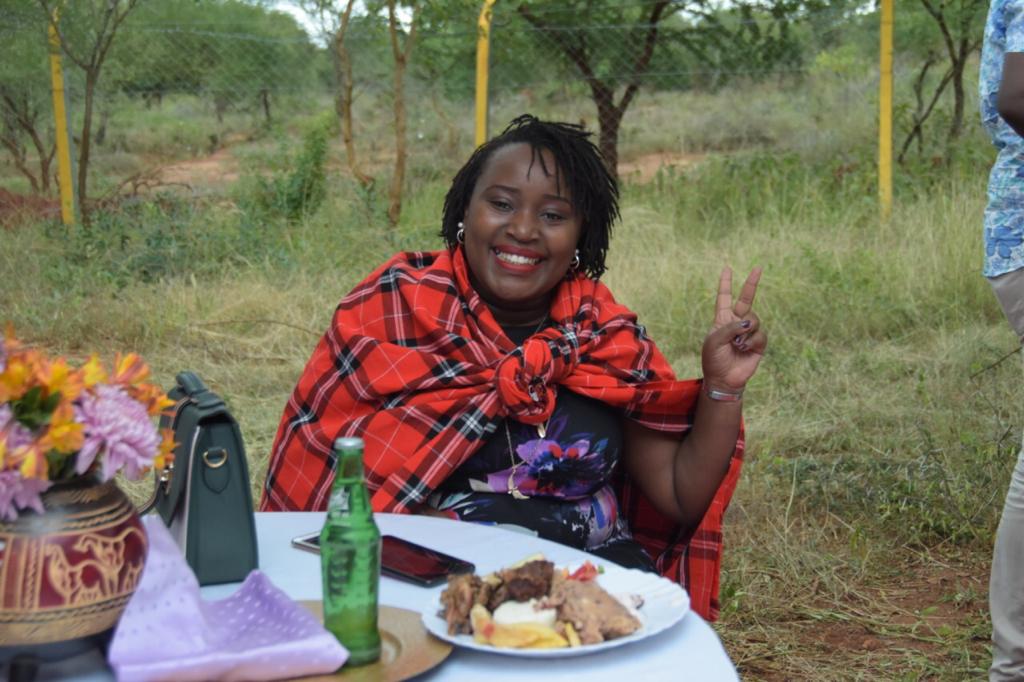
Wanja has served on several boards and she shared how she got there and her experience:
• The National Government Affirmative action fund Nairobi County. I learnt the sad reality that PWDs are often left behind in terms of access to funds meant for affirmative groups. When I served there, I pushed to have more PWDs get affirmative funds and bursaries. I am happy that many people were able to benefit and many kids were able to access education because I was in the room and spoke.
• The Nairobi County Youth Board (2013 to 2017) under Governor Evans Kidero. I was very instrumental in voicing challenges of PWDs to the office of the Governor. I lobbied and pushed names of students to be on the bursary list where the Governor was sponsoring them at 100 per cent. One of those that I pushed for is now in second year doing Actuarial Science at a local University.
• UNFPA Youth Advisory Panel; an organ advising UNFPA Kenya on how their programming can be more youth and disability friendly. I travelled and got an opportunity to bring others along which was instrumental as travel opens one’s mind and breaks down preconceived stereotypes. It remains my proudest moment to know that all is not lost and that our voices matter.
• Karuri Gakure Secondary Board of Management. This year we have taken one student to the university. It has taken us six years to get here. Considering the entry behaviour with students who have scored less than 200 marks in KCPE, we count that as success.
• African youth and adolescents’ network. I sit in the executive committee and contribute effectively on youth matters in the East and Southern African region.
She also shared more about ‘The Global Diva Ambassador Program’, an outreach program seeking to to shape the perception of what disability looks like by promoting women of colour through various media platforms, and which you are one of their ambassadors.
“This program was started by Dr Donna Rena Walton a prominent woman with a disability in America. She is well respected in many circles including Hollywood circles. She asks why certain people are never considered for advertising and in movies. Why for example don’t we see a person with a disability in Kenya advertising a fizzled drink or a fast-moving consumer good or a restaurant?
“Why is it that on media people with disabilities are beggars and often portrayed as seeking or in need of pity? In my role as an ambassador, I am fighting against this seclusion. I hope and pray that soon I will be able to talk about products I love because I am a consumer i.e marketing and influencing them.”
She is excited to be part of the program as she has become more critical and more aware of representation.
“I have also interacted with Americans who are black/ people of colour and yes, racism and this seclusion is very much alive in 2021. We need a big change!”

Here are the two key values she lives by:
1. Authenticity: I like to be real. What you see is what you get. I like to speak and write about what I feel and what I am convinced about without worry that the world is judging me. Sometimes adulting comes with lots of fakeness and the need to conform. I pray that I remain authentic, real and strong without the pressure to pretend.
2. Faith: In a world where I am likely to be overlooked and passed by when it comes to opportunities, I choose faith in myself, in my action and my day-to-day life. Faith comes with the boldness to say that I am equally deserving and capable, and I am in the room as an equal, and not as a tokenism gesture.
So, what’s her perception of herself and what others think of her?
“I am a strong-willed person who believes that my voice matters, one who sees good in others. I am scared of failure. This is my biggest weakness, but I am working on it.
Others say I am bold, confident and capable of much more. However, they point that I am not very patient especially when I do not see the light or when something does not make sense to me. I am working on building the virtue of patience.”
She concluded with some advice for women with disabilities who are seeking to live a lasting impact in the world.
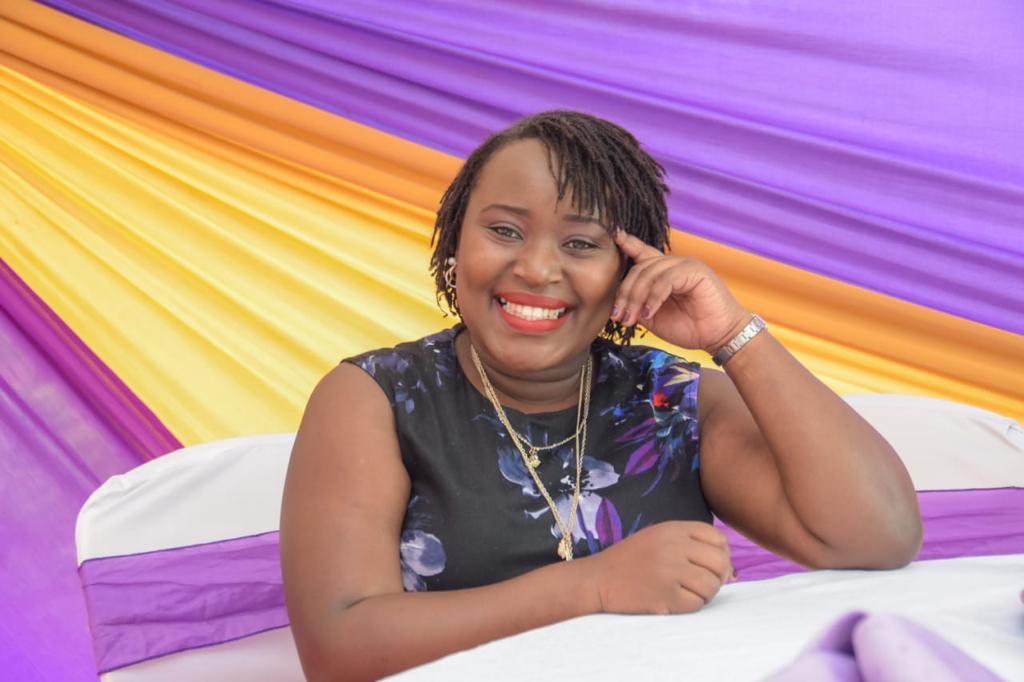
“When one has a disability and is a woman, they experience double marginalization. Constantly pushing boundaries and advocating for self and others can leave one stretched too thin and drained. I, therefore, wish to emphasize the need for mental health and well-being for activists and advocates because one cannot pour from an empty cup.
“Kenya has a huge population of people with disabilities who are consumers of goods and services across all sectors. Therefore, there is a need for marketers and advertising agencies to look at this population from an economic perspective and tap into it.”
She urged all young women with disabilities to be bold and to speak up, as well as seek opportunities to advance their education.
“They should horn their skills because they have to be twice as good to be considered which means they will be twice as good in skills.”
Interview for Swala Nyeti by Patience Nyange & Esther Kiragu.

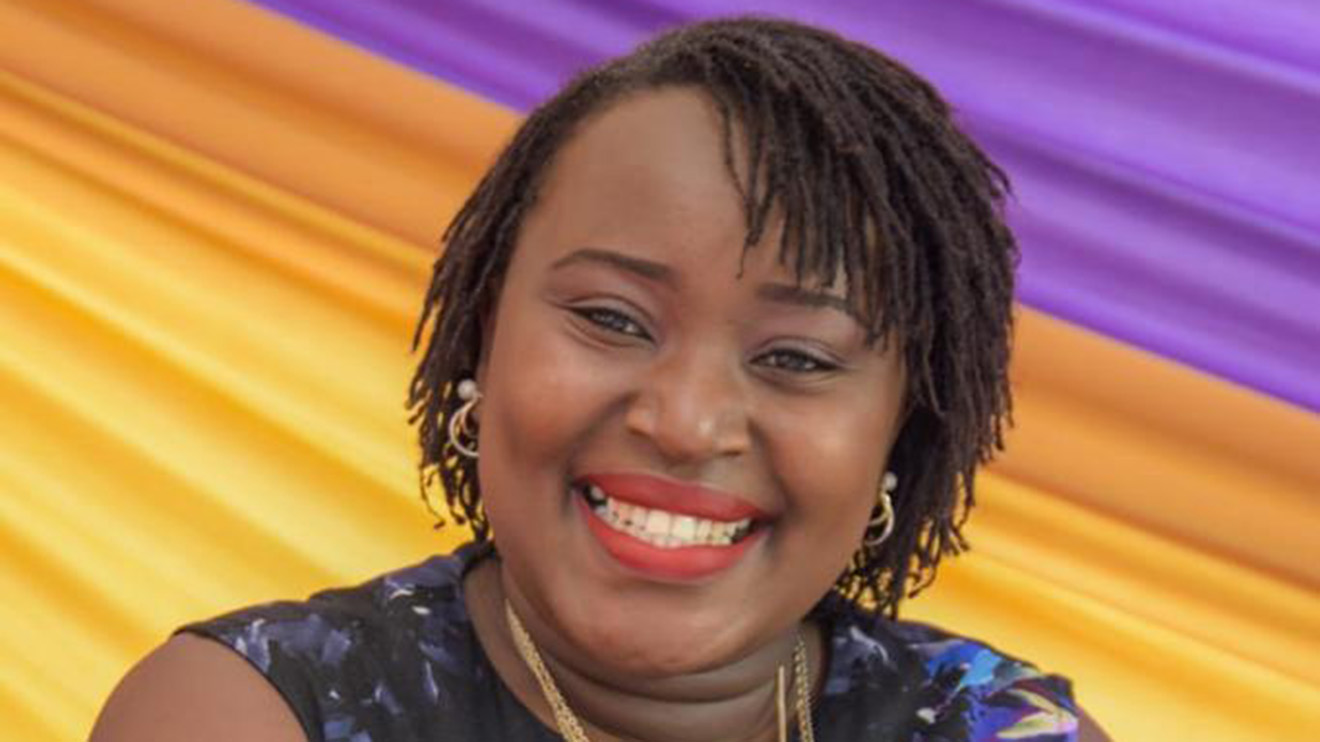
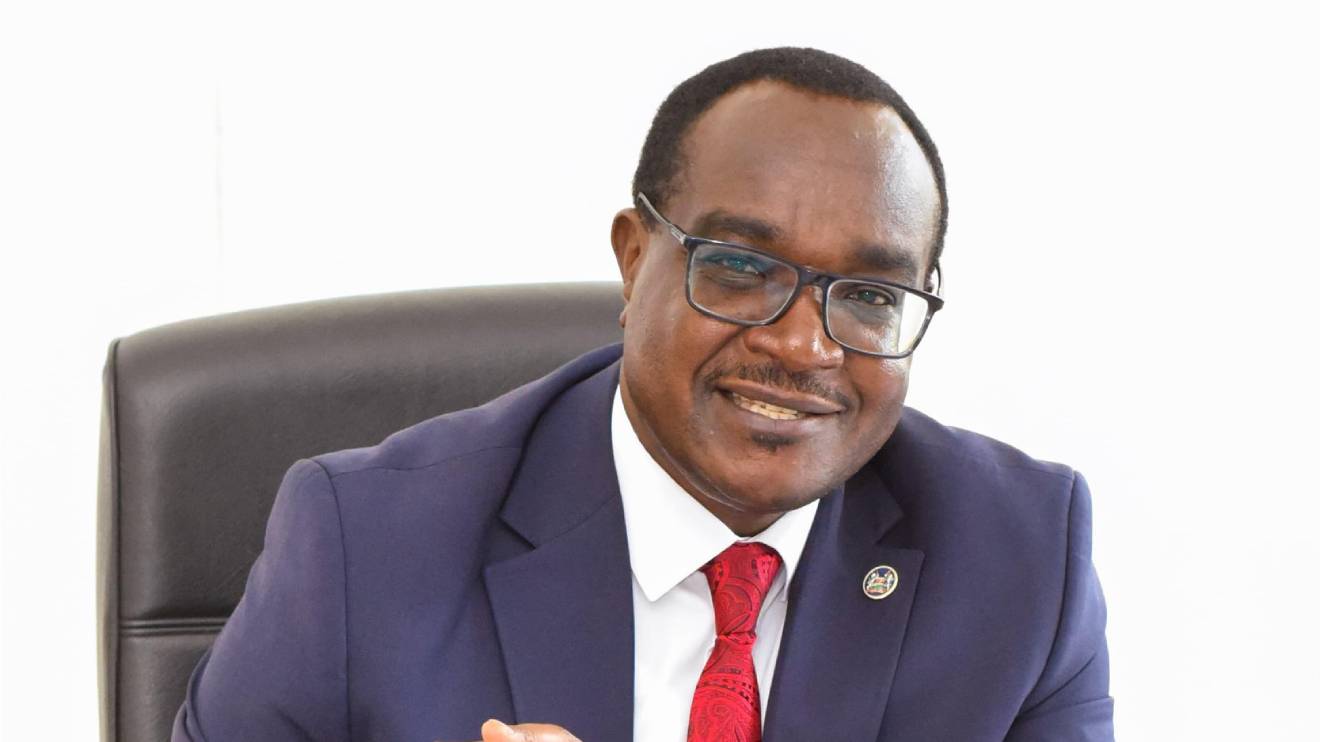
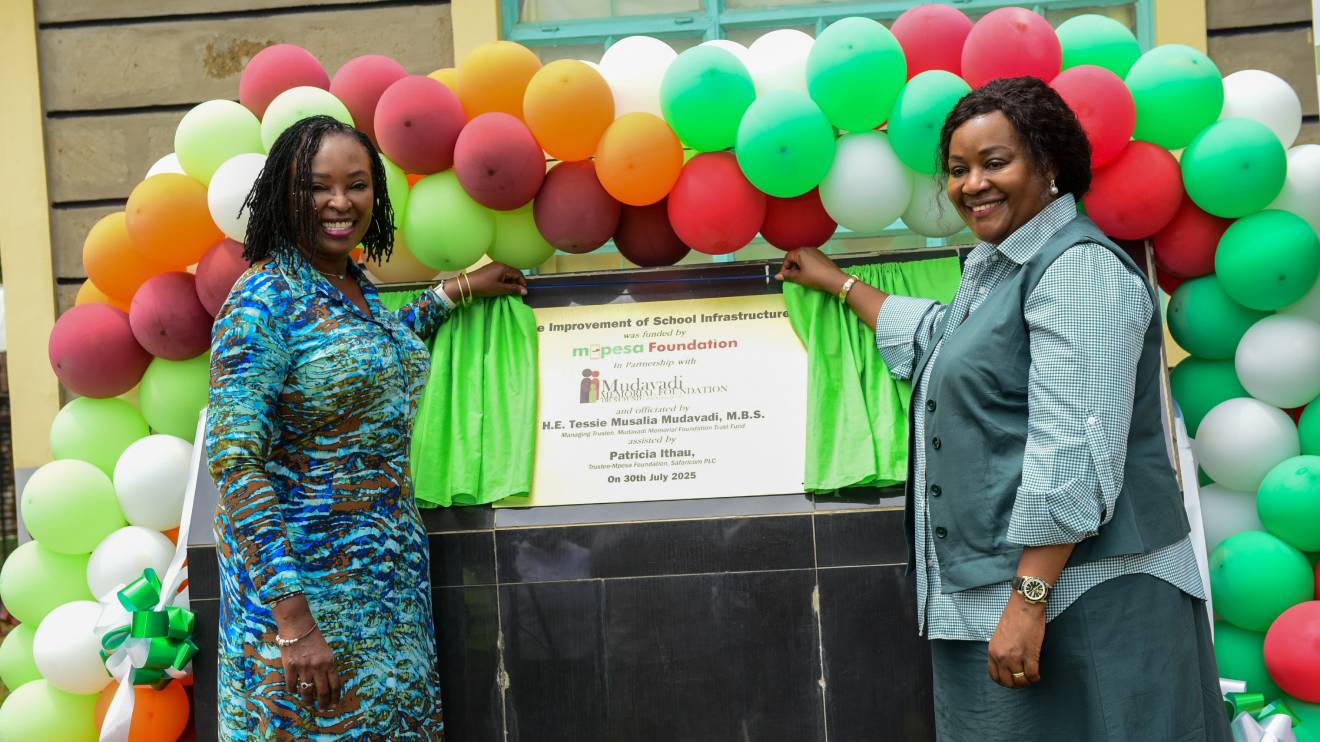
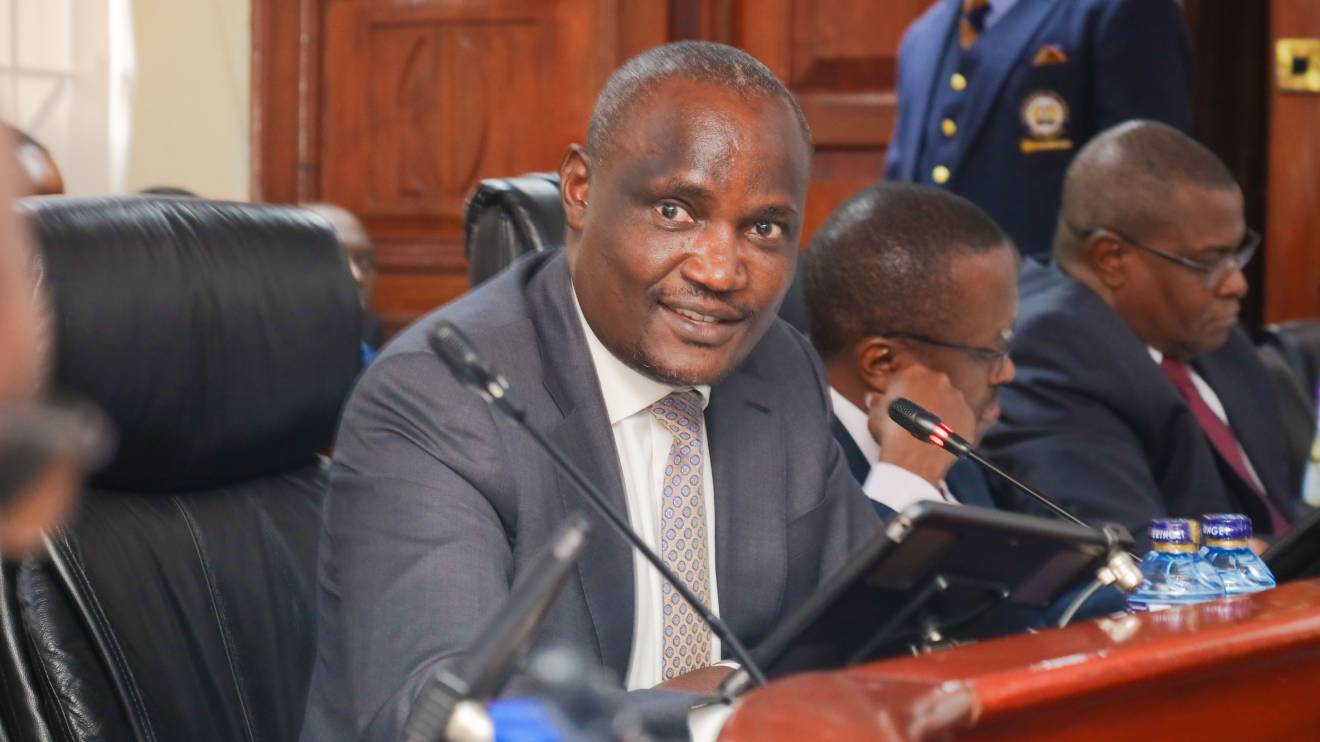
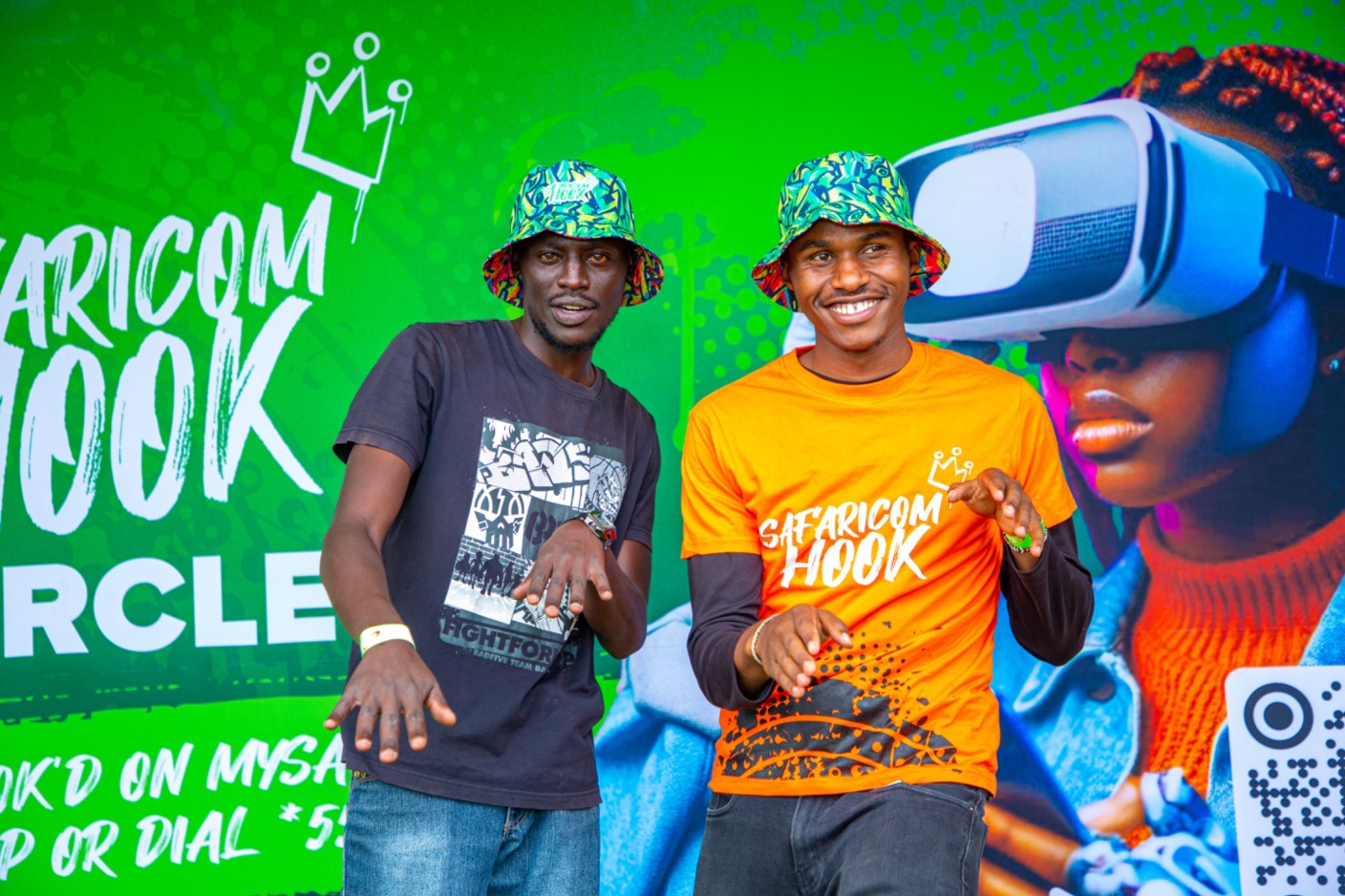
-1752797011.jpeg)




